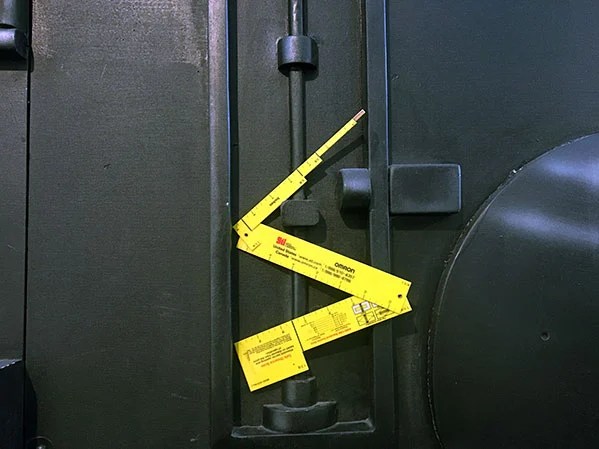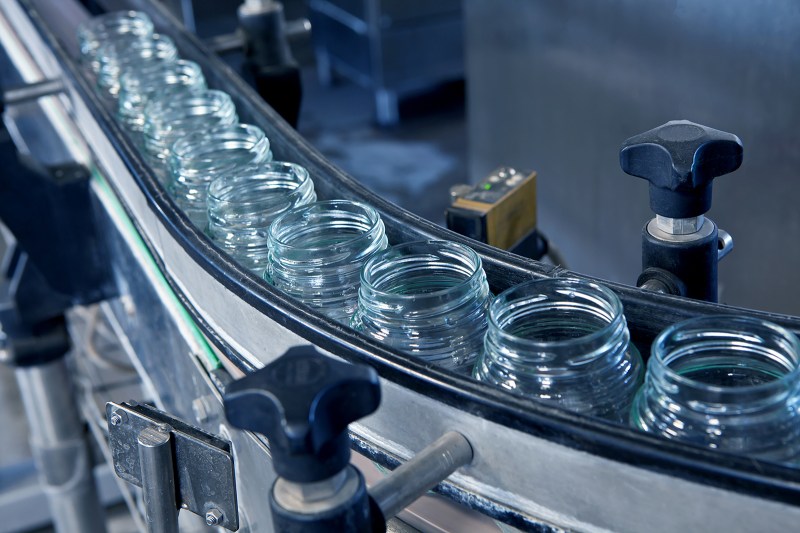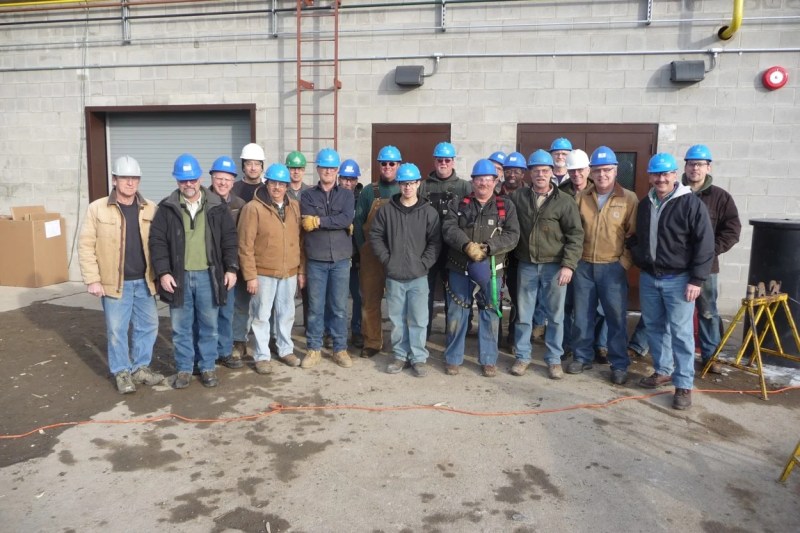Solar, Battery, Fuel Cell, Hydrogen and the Future with Re:Build Optimation

In 2024, we’re no longer discussing alternative energy as ‘only’ innovative technologies. Instead, we now look into how we can remove the gap from ideation and conceptualization to execution and implementation. At the forefront of these advancements is Re:Build Optimation, a company dedicated to driving not only innovations, but also implementations in manufacturing technologies that enhance the production processes for batteries, solar panels, and fuel cells. Today we’re uncovering the key elements and exciting advancements of Solar, Battery, Fuel Cell, and Hydrogen and how it’s affecting the future. We’re grateful to get plenty of insights from our interview with industry expert, CEO, and president of Re:Build Optimation, Bill Pollock regarding these topics. We’re uncovering not only the tip of the iceberg, but also opening up the can of worms. Now let’s jump in.
The Pressure Vessel Design and Repair Checklist

The process of requesting a pressure vessel design or repair does not have to be high-pressure. At Re:Build Optimation, our mission is to provide a high-quality pressure vessel tailored to your requirements while ensuring a hassle-free experience for your business. When designing or repairing a pressure vessel, it’s crucial to address a variety of technical and operational considerations to ensure safety, functionality, and compliance with regulations. The Pressure Vessel Checklist is a comprehensive tool designed to guide you through this complex process. This checklist helps you systematically evaluate all necessary aspects of your pressure vessel project, ensuring that you meet both your operational needs and regulatory requirements. After decades of manufacturing pressure vessels for clients, we’ve identified three common starting points for new conversations:
Safety Talks: A Thousand Days Without Lost Time Injury

In 2019, the construction sector reported a staggering 79,660 injuries, shedding light on the pervasive risk of accidents in industrial environments. Additionally, in 2022, there were 2.8 million nonfatal workplace injuries and illnesses, with 1,184,200 of these cases leading to days away from work, according to the Bureau of Labor Statistics. The same year also saw a 5.7% increase in fatal work injuries from the previous year, totaling 5,486 fatalities. Re:Build Optimation has achieved a significant safety milestone by going over a thousand days without a lost time injury. Considering broader statistics on workplace accidents in the United States, Re:Build Optimation’s safety record stands out. This is not a coincidence, and in this blog, we are happy to share how we achieved this milestone and why the right mindset matters. Here’s our first rule. Safety goes above and beyond compliance.
Modular Thinking to Solve Complex Processing Challenges and Scale-Up Manufacturing

One message that has resounded over the last few years is that everything changes – and production environments are no different. In a world where “change is the only constant,” how do teams – or rather, how should teams – approach enhancing or scaling their manufacturing processes? Skid-based systems are one such solution that are highly sought after due to their modular nature. Their scalability, versatility, and cost-effectiveness have made them attractive solutions across nearly every industry – from food to pharma to chemical to industrial products. For decades, Re:Build Optimation has helped customers design, build, and deploy custom skid-based systems and modular workstations that not only solve the customer’s process challenges but provide a long-term cost-benefit as well.
The Basics of Piping Design

Re:Build Optimation Technology provides expert design and engineering consulting services to optimize our clients’ processes and address their complex equipment issues. We will work closely with you from concept through implementation to thoroughly understand your needs and turn your designs into reality. As part of our capabilities, we offer quality piping design services to ensure safe and efficient facilities for our customers.
Is the Future of EVs Lithium Batteries or Hydrogen Powered Fuel Cells?

There is a big push by many to make the days of the internal combustion engine-based vehicles limited. In part this is driven by the marketplace, but the primary driver is government subsidies, tax credits and mandates. When it’s finally gone what type of electric vehicle will take its place?
Tips & Tricks: the Gotcha Stick and Machine Guarding Safety

Getting employees to follow the rules, even rules that keep them safe, is difficult. For some segments of the population is seems impossible. Everyone knows, for example, that talking on a cell phone while driving is dangerous, and against the law in most states. But a large percentage of the population continue to talk on a handheld phone while driving anyway. This is even more true of texting and driving. And accidents and deaths continue.
The Pasta Process: Mass Manufacturing in Food and Beverages

If you’ve ever visited Rochester, NY – the home of Re:Build Optimation – you likely know that some of the best Italian Food outside of New York City is found right here. From Mr. Dominic’s to Antoinetta’s for a business lunch, or to Ronconne’s and The Northside Inn, Rochesterians know what good pasta is because we have it often. Even then, the best pasta is often the one placed under the 3-day stewed red sauce (gravy if you’re really old school) made by your spouse with love and great care. Ironically, what’s under that sauce is likely store-bought pasta that was mass manufactured. And, since we’re all about manufacturing, we totally have to talk about it!
Cellulosic Ethanol Fuels The Future (A Comparison To Traditional Ethanol Production)

In today’s world, the demand for sustainable fuel options is higher than ever before. As we face mounting concerns over climate change, rising fuel costs, and dwindling natural resources, the need for renewable energy alternatives is more pressing than ever before.
This is where cellulosic ethanol and chemical engineering come in as game changers. This biofuel is made from non-food plant materials like grasses, wood chips, and agricultural waste. Unlike traditional corn ethanol, cellulosic ethanol doesn’t compete with food production and has a much lower carbon footprint.
Cellulosic ethanol has the potential to significantly reduce greenhouse gas emissions, provide a more reliable and cost-effective fuel supply, and support the growth of rural economies, all the while reducing dependence on foreign oil.
In fact, studies suggest that cellulosic ethanol can reduce greenhouse gas emissions by up to 86% compared to gasoline.
Skilled Trades Are An Important Part of America’s Future

The labor shortage of skilled tradesmen in pipefitting, welding, electrical and machinists is well-documented throughout the United States. Older generations of skilled tradesmen are entering retirement much faster than they can be replaced. One statistic indicates that over 50 percent of skilled-trade workers in the U.S. are 50 years old and older, and nearly 20 percent are over 60.
